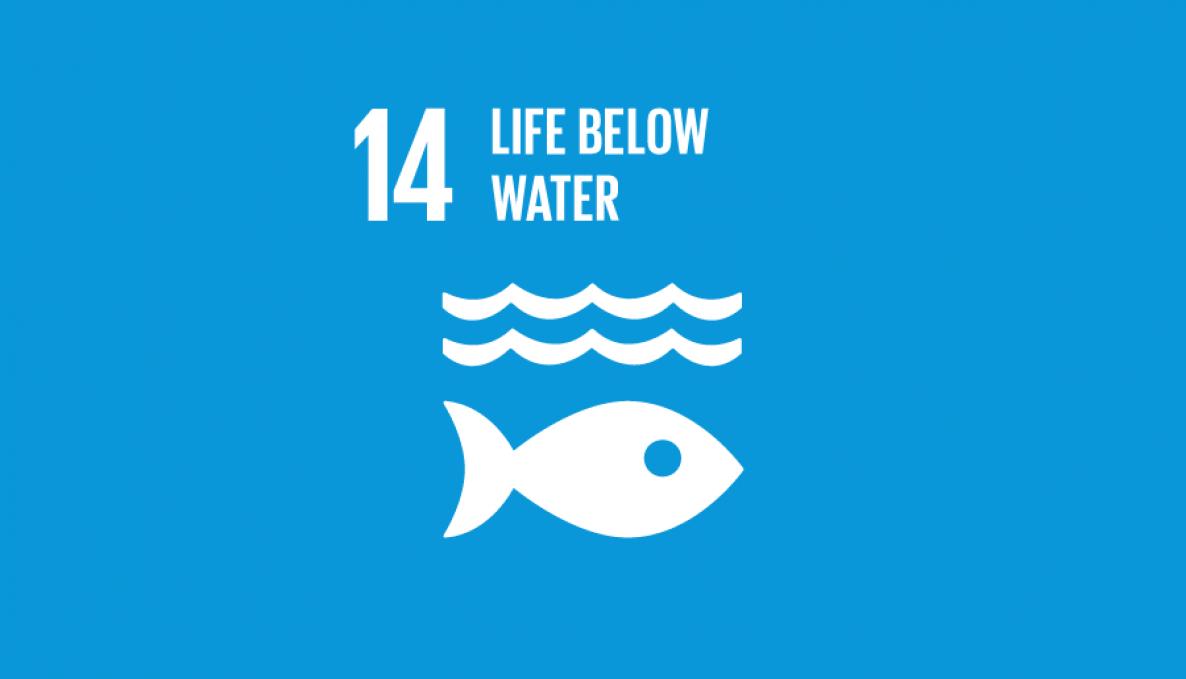SDG 14: Life below water

Sustainable Development Goal 14 of the 2030 Agenda focuses on the conservation and sustainable use of oceans, seas, and marine resources. Oceans cover about 70% of our planet's surface and are crucial for life on Earth. They provide 50% of the oxygen we breathe, regulate the climate, and are a primary source of food and livelihoods for billions of people.
However, oceans are under increasing threat from human activities. Marine pollution, especially plastic, has reached critical levels, causing devastating effects on marine ecosystems and wildlife. Overfishing and illegal fishing are depleting fish stocks and threatening food security. Additionally, ocean acidification, caused by increased CO2 emissions, is damaging coral reefs and other vital marine organisms.
The specific targets of SDG 14 include:
- Prevent and significantly reduce marine pollution of all kinds, particularly from land-based activities.
- Sustainably manage and protect marine and coastal ecosystems to avoid significant adverse impacts.
- Minimize and address the impacts of ocean acidification.
- Regulate harvesting sustainably, ending overfishing, illegal, unreported, and unregulated fishing.
- Conserve at least 10% of coastal and marine areas by 2020.
- Increase the economic benefits to Small Island Developing States and Least Developed Countries from the sustainable use of marine resources.
Achieving these targets requires effective international cooperation and commitment from all sectors of society. Only through coordinated action can we ensure the health of our oceans and the sustainability of marine resources for future generations.
